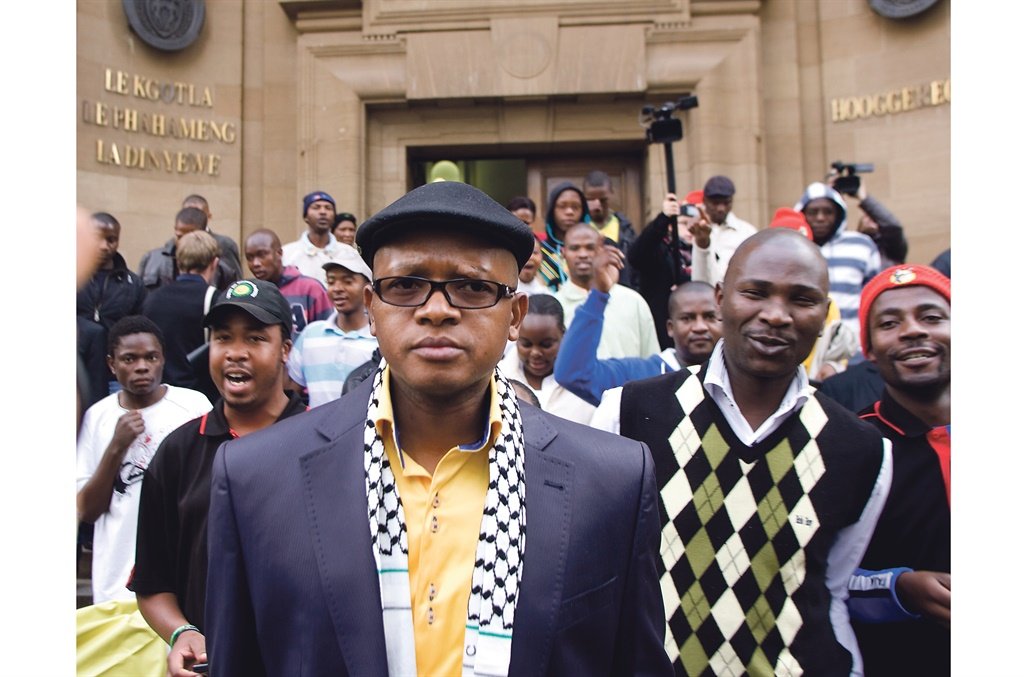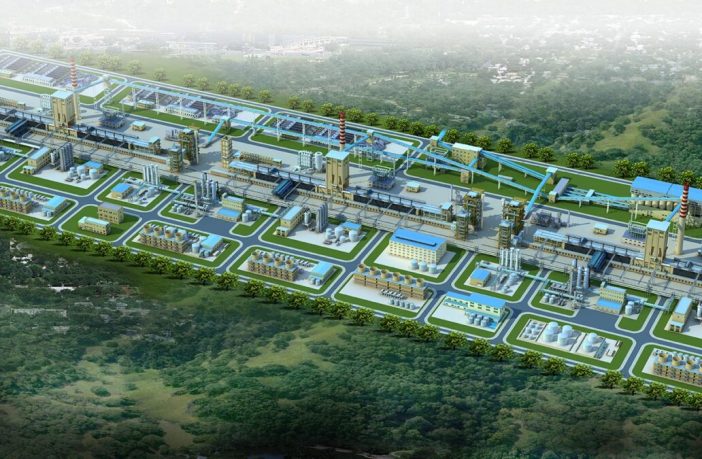- Civil society has voiced its strong criticism of the decision by the United Nations Development Programme (UNDP) to support the heavily coal-dependent industrial zone in the Musina-Makhado Special Economic Zone (MM-SEZ) in Limpopo, South Africa.
- The project includes a 4500MW coal fired power plant. Read more
By way of an open letter served today on Dr Ayodele Odusola, Resident Representative for UNDP South Africa, the signatories to the letter have condemned the signing of a Memorandum of Understanding (MoU) between the UNDP and the MM-SEZ SOC (state-owned company) on the basis that this joint China-South Africa industrial mega-project, located in the UNESCO Vhembe Biosphere Reserve, violates every principle of sustainable development which the UNDP purports to serve– and have further slammed the agency for the failings of its grievance mechanisms.

The CEO of the Musina-Makhado Special Economic Zone (MMSEZ) State-Owned Corporation (SOC), Lehlogonolo Masoga of the Limpopo Economic Development Agency (LEDA). Image credit: Muntu Vilakazi
In the MoU announced on the 17 March 2022, the UNDP declares its support for the MM-SEZ in order to, “tackle South Africa’s triple challenges of poverty, inequality and unemployment”. By contrast, several thousand organisations and persons who have registered as interested and affected parties contend that the MM-SEZ will worsen poverty, inequality and unemployment in Limpopo – by grossly aggravating water insecurity; climate change vulnerability; pollution and environmental degradation; the disease burden in an impoverished rural community; job losses in other collaterally damaged sectors of the economy and the national fiscal debt load.
In the letter, the cohort of NGO and academic signatories argue that the MoU lends this fundamentally flawed project undeserved credibility that is being used to attract investors and deflect criticism.
“The MMSEZ project, from conception to completion, violates many rights of indigenous and local communities in Limpopo. Natural Justice works substantively with these communities and is aware of the struggles the communities have suffered relating to their land, their culture and heritage. It is unacceptable that the UNDP, a human rights body, may be connected to these abuses because of an MoU it signed with the state-owned company. Not only that, but it is also very disappointing that the complaints mechanism of the UNDP is unable to effectively stop the abuses”, states Jacqueline Rukanda for Natural Justice.
“The UNDP is legitimising this dirty project and the consequences are real and damaging,” adds Dr. Louis Snyman of Wits’ Centre for Applied Legal Studies.
“It is the lost opportunity that disappoints us most,” adds Living Limpopo’s Lauren Liebenberg. “The UNDP’s support for government’s Operation Phakisa for the Biodiversity Economy would’ve turbo-charged roll-out in the province of a genuinely viable, sustainable and transformative development plan. Instead, without prior consultation, it announces its backing for coal exploitation and coal-based heavy industry, which will forever destroy our rich natural capital endowment in the Vhembe, along with its economic potential for its rural custodians.”
The letter calls upon the UNDP to demonstrate its commitment to human rights and environmental legal standards, as well as its own principles, by retracting the MoU and officially communicating its retraction.
Author: Bryan Groenendaal















